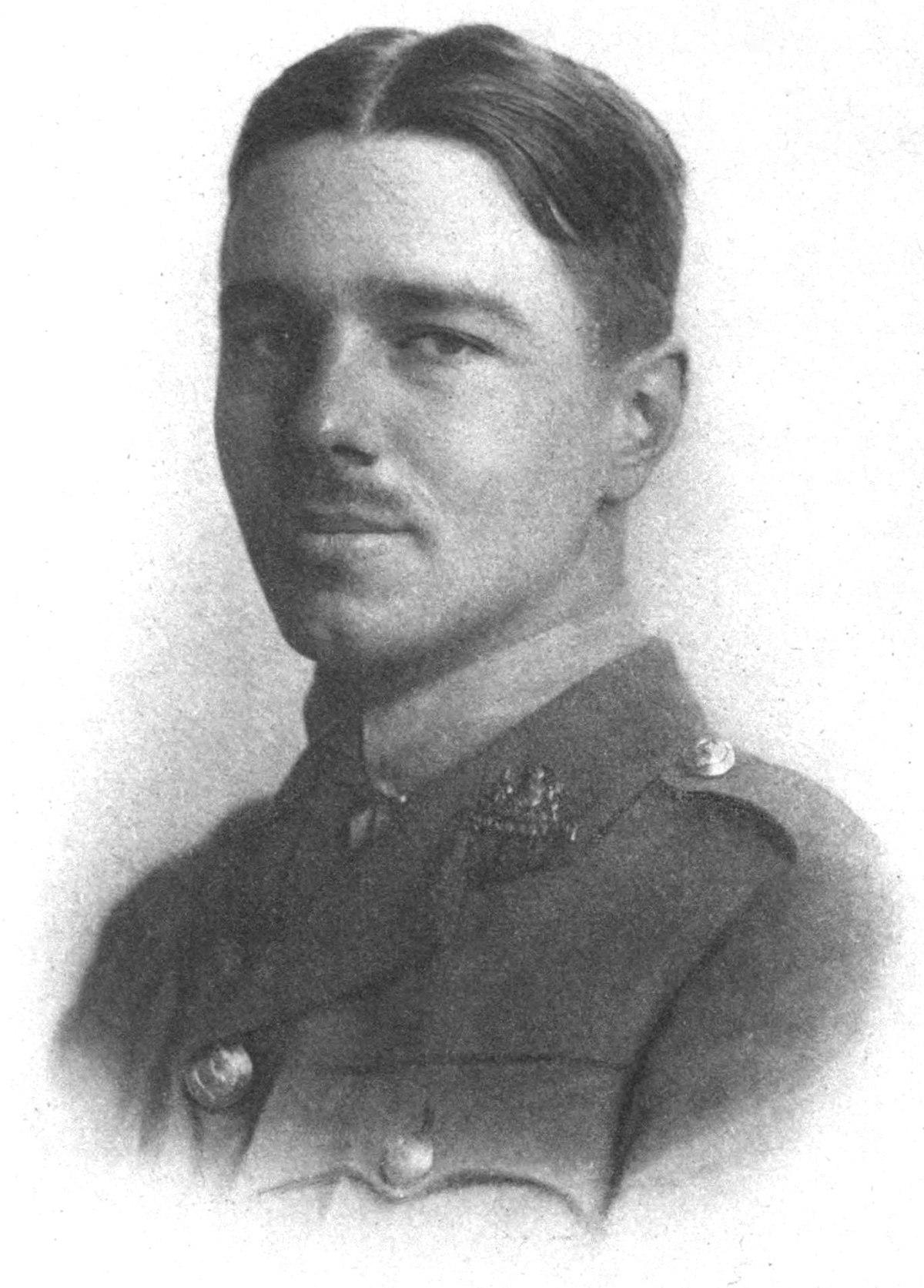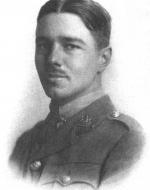Created by Aaliyah Baldwin on Sun, 12/05/2021 - 01:59
Description:
World War I changed literature, the period of modernism brought many opportunities for artists, writers, poets, and more to address their feelings toward the harsh realities of the war. One of the highest acclaimed war poets, Wilfred Owen, was an English soldier in WWI and wrote Dulce Et Decorum Est during the war and later published it in 1920. Often labeled as an anti-war poem, it was known for the opposition and condemnation of war using vivid imagery of the horrors of WWI. The poem was also known for its famous line, "My friend, you would not tell with such high zest To children ardent for some desperate glory, The old Lie: Dulce et decorum est Pro patria mori." This phrase was written in the Latin language and simply means, “It is sweet and fitting to die for one’s country.” This line concludes the poem and untimely makes readers question patriotism. It demystifies the myth that enduring the war and fighting to the death for your country was glorious. It revealed the true horrors of WWI to those who were oblivious. Wilfred Owen was later diagnosed with neurasthenia, or shell shock, and later died in combat in 1918. Wilfred Owen, known as a revolutionary soldier and poet, left behind an incredible legacy in his work that will forever immortalize the experiences of the great war.
Sources:
Owen, Wilfred. “Dulce Et Decorum Est by Wilfred Owen.” Poetry Foundation, Viking Press, 1921, https://www.poetryfoundation.org/poems/46560/dulce-et-decorum-est.
“Wilfred Owen.” Wikipedia, Wikimedia Foundation, 30 Nov. 2021, https://en.wikipedia.org/wiki/Wilfred_Owen#War_service.


